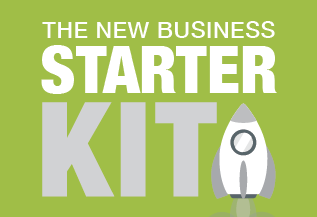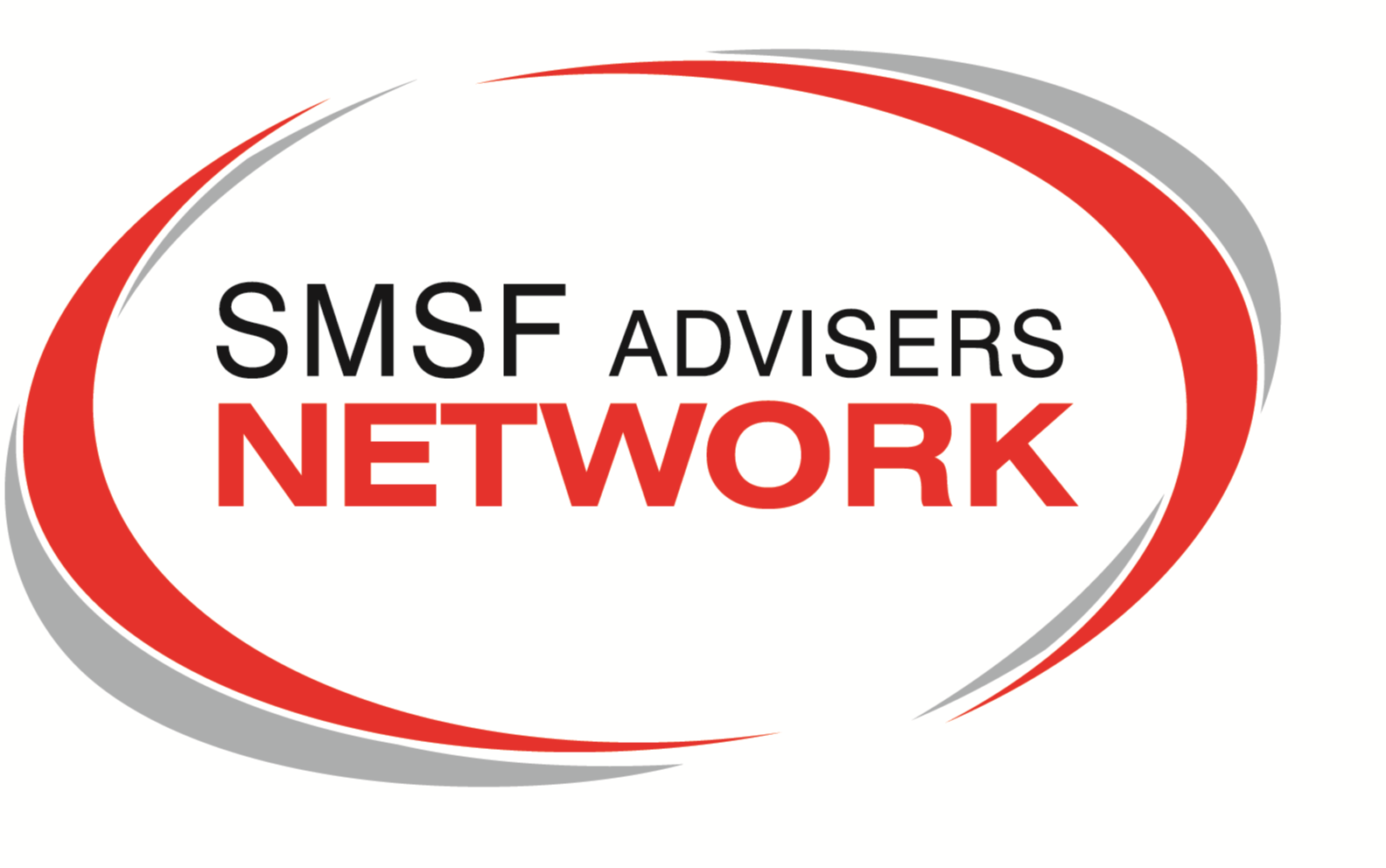5 tips for meaningful performance management in the virtual workplace
Elevate engagement and productivity in your remote workforce
Performance management is often misunderstood
While performance management is essential to getting the most out of your people, it is often misunderstood. Virtual performance management presents new challenges, with more businesses adopting a fully remote or hybrid work model in the 2020s.
Effective performance management is not just reacting to performance issues with improvement plans – but proactively prioritising performance development that enhances productivity, accountability and aligns individual and organisational goals.
Performance management approaches must adapt to the opportunities and challenges of a virtual environment to unlock the full potential of a remote workforce.
Here are our performance management tips to optimise your team’s performance in a remote work environment.
Tip #1 – Make performance management an ongoing, value-add process
Performance management is often relegated to an awkward conversation when something goes wrong – which is too little, too late. Unlocking the potential of your remote workforce requires an ongoing, proactive performance management process that adds value by engaging workers in a culture of support, trust and professional development.
Appropriately implemented, performance management becomes much more than carrots and sticks – it empowers individuals to take control of their growth and creates value for employees and organisations alike.
Tip #2 – Provide continuous feedback virtually and visibly
Growth relies on feedback – good and bad – to align goals. For remote workers who lack the incidental water cooler check-ins when working on-site, scheduled feedback touchpoints are key to avoiding an ‘out of sight, out of mind’ mentality.
Remote workers should also be encouraged to create a two-way feedback loop with their manager, promoting strong relationships and joint accountability.
Effective feedback is specific, timely, focused on behaviours and outcomes, and delivered in a culture of open communication and trust.
How to manage difficult or uncomfortable conversations virtually
|
Tip #3 – Get external support to ensure performance management is serving business needs
Reduce the stress of performance management by engaging a team of experts to ensure your performance management process meets business needs and maximises your team’s potential. A business advisory partner can assist with:
- conducting performance reviews and evaluations
- setting goals for individuals that align with business goals
- identifying training opportunities for staff
- providing performance management training for managers
- developing performance management processes
- tailoring performance management templates
- supporting difficult conversations.
Tip #4 – Supply the tools for self-assessment and reflection
The opinion of a direct manager typically informs traditional performance management. However, when working remotely, self-assessment and reflection give employees something they long for – a voice.
Research shows that fostering a habit of self-reflection separates extraordinary professionals from mediocre ones.
Incorporate self-assessment into your performance management process and provide the tools to do it effectively to reap the benefits of a more collaborative performance management relationship between managers and reports.
Tip #5 – Use performance management to inform professional development priorities
Too often, businesses waste money and time putting employees through training that fails to deliver the desired return. Performance management provides the perfect framework to identify skills gaps and prioritise professional development opportunities based on meaningful goals and measurable progress.
Upskilling can be reactive (filling a skills gap to resolve underperformance) and proactive (upskilling based on development goals). Leveraging performance management to inform development plans ensures the alignment of employee and organisational goals for a win-win outcome.
Adapt your process to enhance performance
Adapt your performance management approach to the opportunities and challenges of a virtual environment with the right professional advice and reap the rewards of an engaged and skilled remote workforce.












